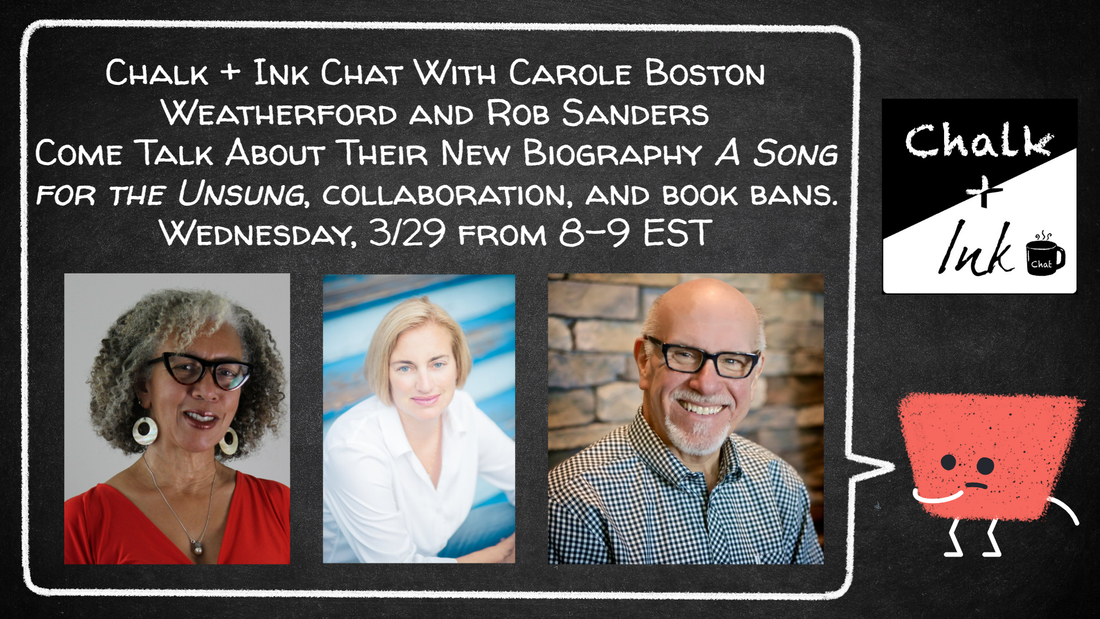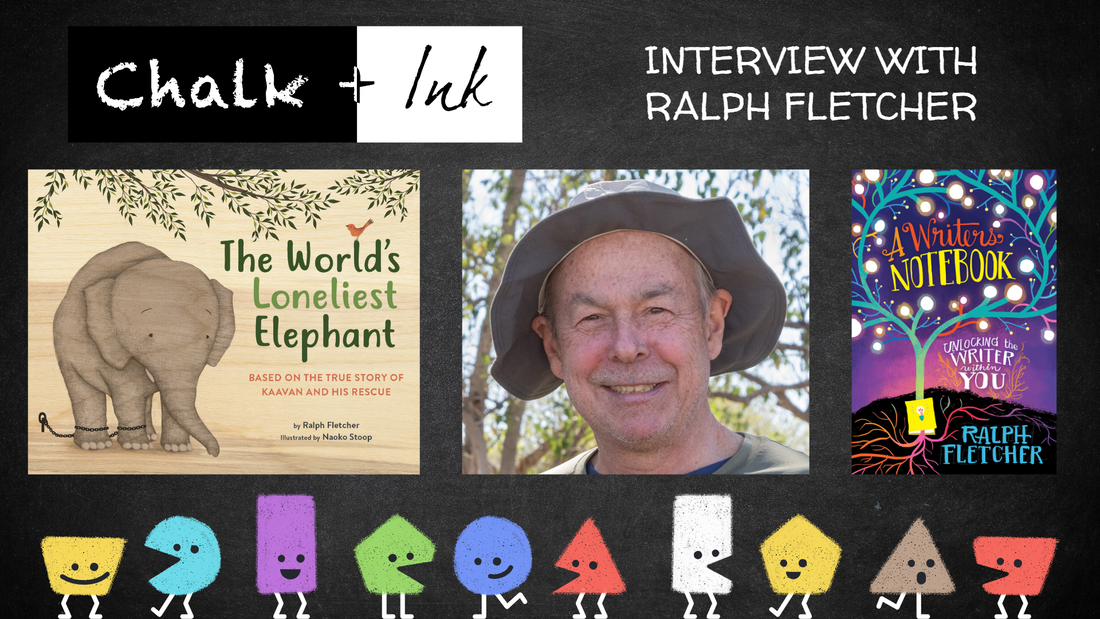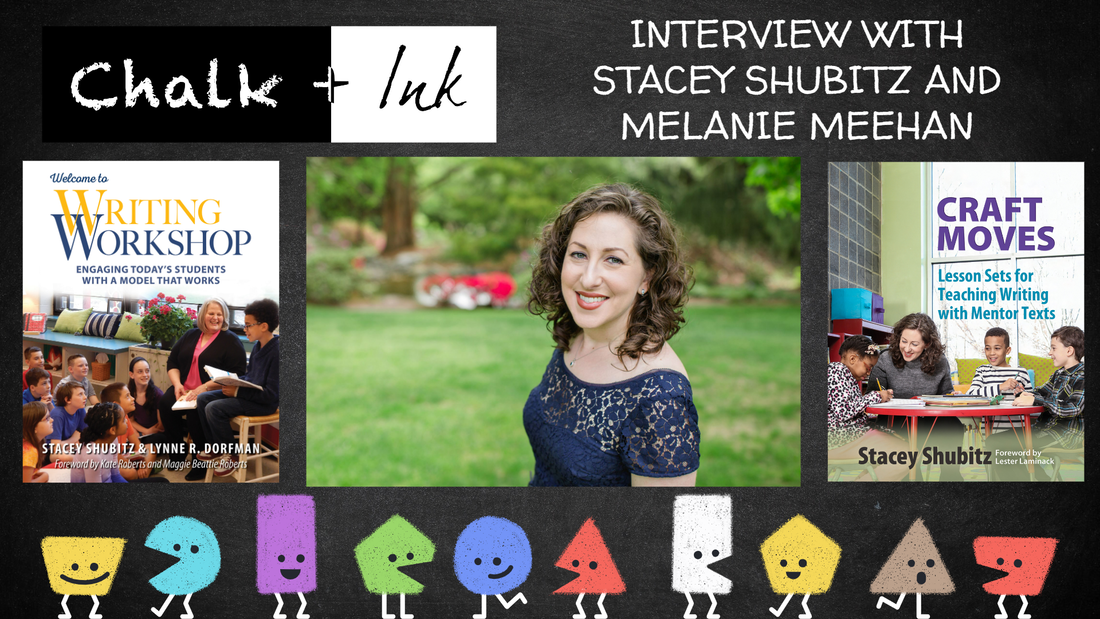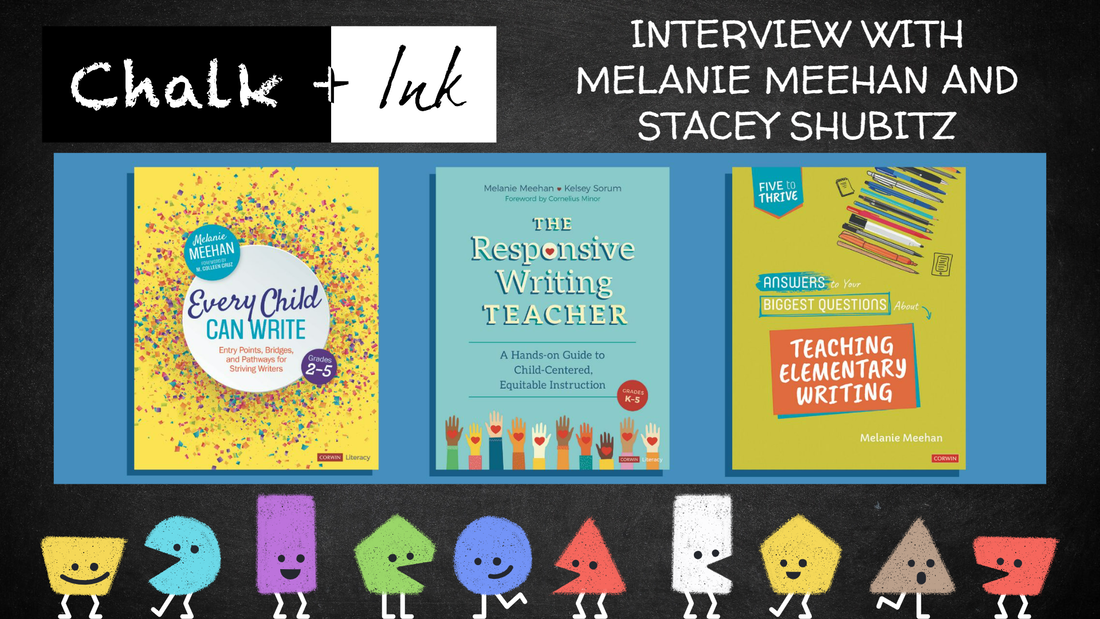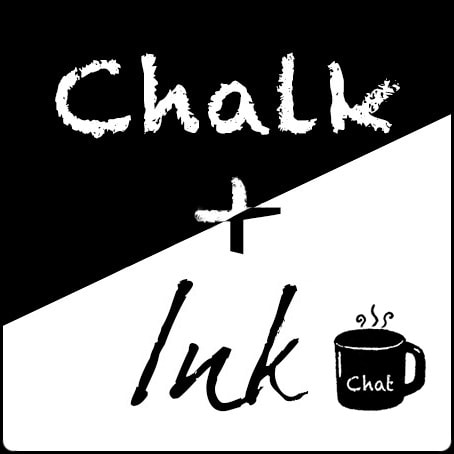|
In this episode, Ralph Fletcher talks about how writing is a process for self-discovery, how the writer’s notebook is a place to honor students’ voices, and we also talk about treasure maps. Wait a minute, treasure maps? Yep, treasure maps. What an honor to talk to Ralph Fletcher, a lifelong champion of writing! In his memoir, Marshfield Dreams, Ralph writes about his father's last kiss. No, not because his father died, but because when he was around seven or eight his dad decided Ralph was too old for kisses. Not a glowing parenting moment for sure, but Ralph assures listeners that his dad redeems himself later on in the book. Funny enough, the same week I interviewed Ralph, I was revising my middle grade novel, and I realized that the whole story is about needing to ask for help. So, Ralph and I marvel about how one of the magical aspects of writing is that it's often not clear why the author needs to write certain words on a page until the project is well under way. But when the words appear, we will have uncovered a truth about ourselves that we didn't know we were searching for. We also talk about using writer's notebooks in the classroom to honor student voice and choice. A newly revised version of Ralph's A Writer's Notebook: Unlocking the Writer within You published in January and it offers a plethora of varying ways to use a writer's notebook, including collecting photos and ticket stubs. If you're looking for even more ways to incorporate student voice and choice into writing, be sure to check out Ralph's inspiring book, Joy Write. After I read it two years ago, I incorporated joy writing into our classroom job chart. My students love it when they get to take one of our two classroom notebooks home and write whatever they want in its pages. I love reading about what brings them joy. As writers, we all know one of the hardest parts of the process can be getting started. That's the case for our students, too, which is why Ralph suggests having students draw a map of their neighborhood. Then, ask students to mark their favorite spots, dangerous spots, and their secret spots. When they're done, they'll have a story treasure map they can mine any time. Ralph recommends that elementary teachers have the following books: The Relatives Came by Cynthia Rylant Ralph loves how Cynthia takes ordinary experiences and writes about them in beautiful ways. He also recommends Night in the Country, which Rylant also wrote. I, too, love The Relatives Came and I'm also a big fan of her book, The Great Gracie Chase. Knucklehead by Jon Scieszka Jon gets at the absurdity of life. Plus, Jon is one of six brothers, like Ralph. Honey, I Love by Eloise Greenfield Poetry is important because kids need to see that language is concise and can pack a wallop. If you'd like to be entered to win one of Ralph's fabulous books, leave a comment below or share this episode on social media and be sure to tag Ralph and me. Finally, as always, special thanks to Sarah Brannen for creating our Chalk + Ink art. Happy listening! Chalk + Ink: Episode 52; Writing for a Wide Awake Life With Stacey Shubitz and Melanie Meehan2/3/2023
This week Melanie Meehan and Stacey Shubitz from the Two Writing Teachers Podcast talk about how writing helps us live wide awake lives, discuss why the best teachers of writing, write, and how as authors it’s our responsibility to ask for what we need from a critique. Want to have more joy in your life? Then be sure to participate in the Two Writing Teacher's Slice of Life Challenge. To sum up the challenge, participants write daily blog posts about their lives and comment on other people's posts. Melanie and Stacey explain how knowing that they need to write every day makes them lead wide awake lives and actively seek out daily activities that will bring them joy. Their podcast episode about this incredible activity intrigued me so much that I just had to discuss Slice of Life so that Chalk + Ink listeners wouldn't miss out on this delightful opportunity. Stacey and Melanie also chat about how if we want our students to grow as writers, that we need to write alongside our students. They each share various moments from their writing timelines and talk about how they incorporate those growth moments into their teaching. They're so inspiring that you'll want to know more. So be sure to check out their books, Welcome to Writing Workshop and The Responsive Writing Teacher. You'll be happy you opened your wallet and spent the time gathering numerous strategies to take back to your classroom. As writers, we're responsible for our own growth. If we want helpful feedback, we need to state what kind of feedback we want from a critique. We talk about how to get specific feedback as professional writers and how to teach our students to use anchor charts, with specific questions, to help them get the feedback from peers and teachers so that they, too, can grow as writers. Melanie recommends that upper elementary classrooms all have Jacqueline Woodson's Each Kindness. We talk about how this book is so important because it has an honest ending, that doesn't sugarcoat life. Stacey recommends teachers fortify their professional collections with Melanie's, The Responsive Writing Teacher, as well as her book, Every Child Can Write, and the following titles: A Teacher's Guide to Writing Conferences by Carl Anderson When a teacher confers with a student on their work, so many windows of opportunity open. I can't wait to delve into this book. A Teacher's Guide to Mentor Texts, K-5 by Carl Anderson Obviously Stacey is a huge fan of Carl Anderson! While Stacey's book, Craft Moves: Lesson Sets for Teaching Writing with Mentor Texts, examines a myriad of ways twenty specific picture books can be used to teach students writing craft moves, Stacey says Carl's book is a broader overview about the power of using picture books as mentor texts. Both Stacey and Melanie fangirled about Katherine Bomer's book, The Journey is Everything: Teaching Essays That Students Want to Write for People Who Want to Read Them. This book shows how if as educators we want students to live wide awake lives we have to teach them to breakout of the five-paragraph essay format. Delight emanated through Stacey and Melanie as they talked about this book. Full disclosure here, I am a proponent of the five-paragraph essay as a basic writing building block. So, I'll definitely be reading this book with a growth mindset lens. Stacey ended her book recommendations by circling back to the topic of joy. To attract more happiness and peace, Stacey recommends Joyful: The Surprising Power of Ordinary Things to Create Extraordinary Happiness by Ingrid Fetell Lee. If you want to be entered for a chance to win one of Stacey or Melanie's amazing books, please leave a comment below. Join us for our first ever Chalk + Ink Chat on the last Wednesday of every month, from September through May, from 8-9 PM EST. Our February 2023 featured guest is none other than the fabulous Melissa Stewart. Special thanks to Sarah Brannen for Chalk + Ink’s podcast art. Happy listening! |
Chalk + Ink ChatsWant to hang out with teachers who write and writers who teach? Fill this form to join our Archives
October 2023
Categories |
